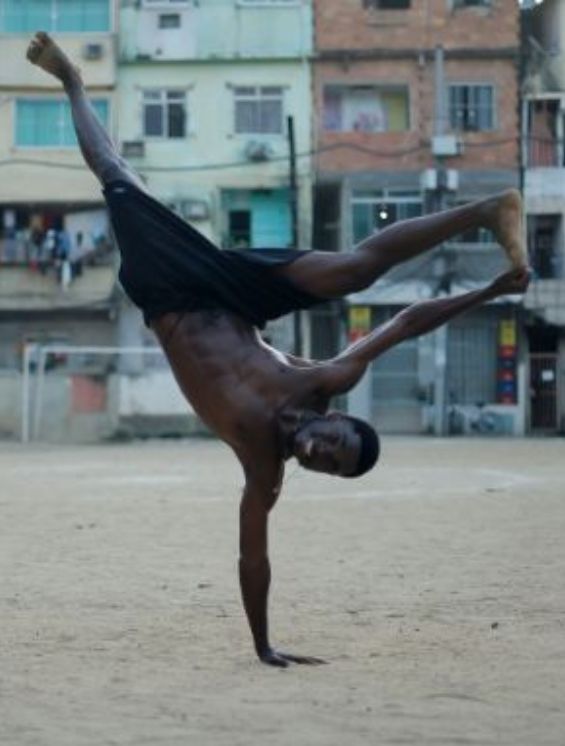Biquíni.pdf and its provocation while
dressing in contemporary times.
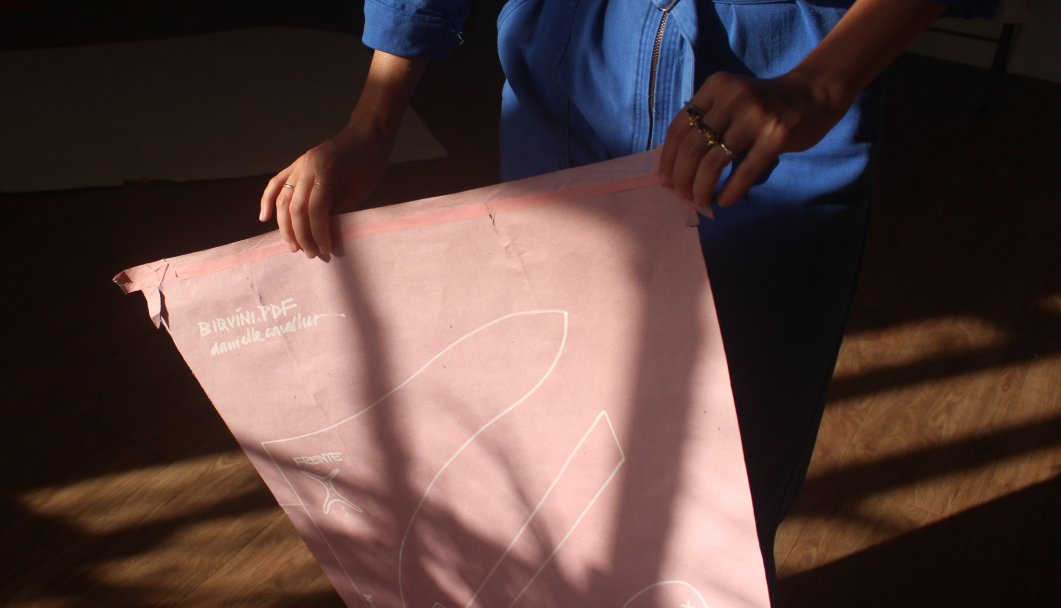
Genuineness is one of the most desired worths in the field of creativity and this is no different when in fashion. Being inventive and putting looks together is one of the trends that never dies out on the internet. Moreover, the recent trend of celebrities wearing crochet bikinis remind us of that lost art of making handmade clothes. Consuming niches and bubbles do exist and when you leave a style, even unintentionally, it is very likely that you fall into another. This is because although people are always looking for creativity, the repertoire is more and more limited by what the market offers.
From this perspective, having style or not is more connected to the environments in which the person attends and its references rather than to originality per se. It is an overall selfhood, which aims to spawn identification with this or that group, thus creating belonging, that value that every human being seeks, to a greater or lesser extent.
The problem with this generic identity is that it often still involves the fashion industry's own protagonists, such as luxury brands and fast fashion companies. This leads to overconsumption, making the fashion industry the one in charge of a significant chunk of global carbon and industrial fuel emissions from water.
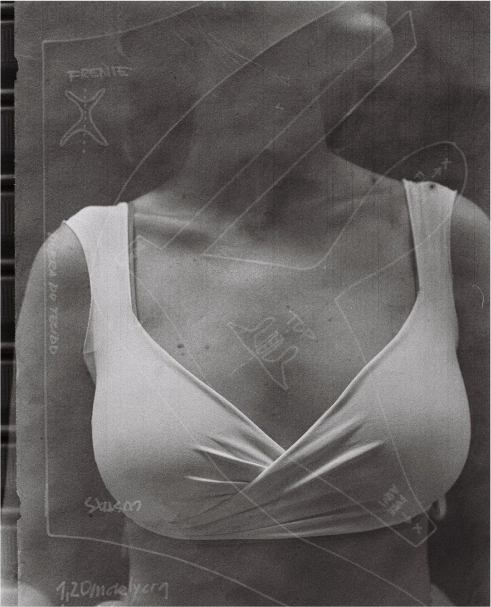
Photo by @vivigiaquinta
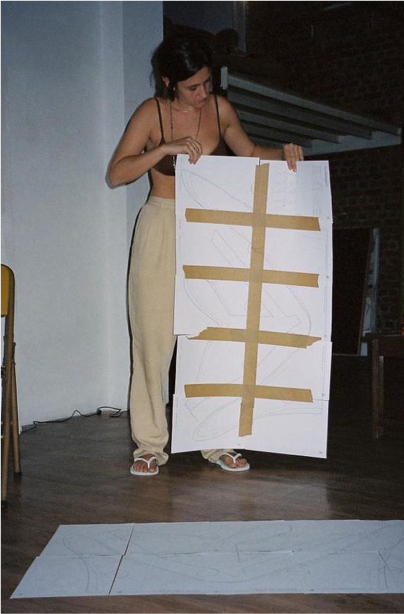
Photo by @vivigiaquinta
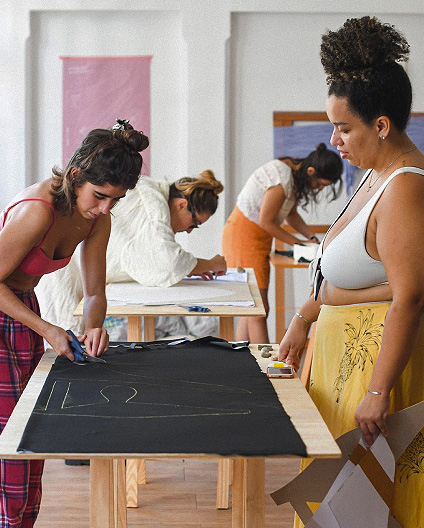
Photo by @ocre_
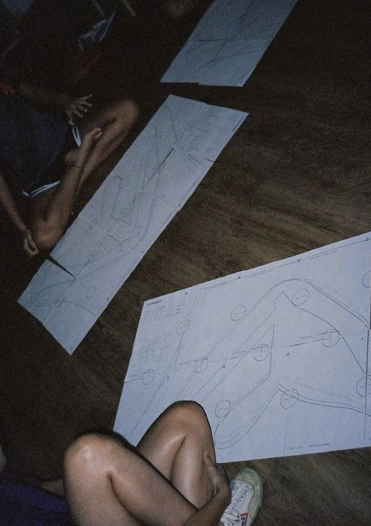
Photo by @vivigiaquinta
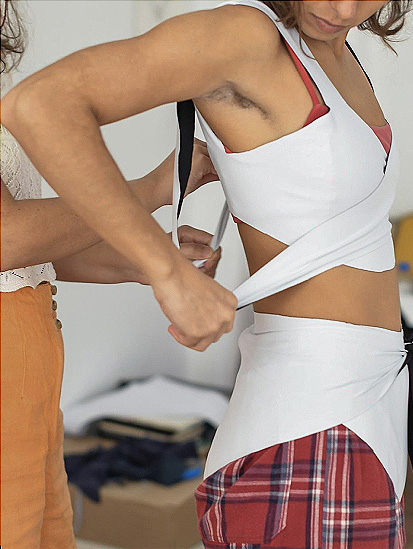
Photo by @ocre_
Amidst this backdrop, Biquíni.pdf by artist Danielle Cavalher comes to the surface. A project that seeks to weave a conceptual and practical affront in relation to dressing. Biquíni.pdf is a modeling guide that teaches you how to make your own biquíni using only the printed PDF, a piece of lycra and fabric scissors. The absence of sewing makes the process much more attainable.
“Dealing with the idea of an outfit and making it with your own hands is an invitation to rescue emancipation.” – Danielle Cavalher
Danielle's project is not just about developing a garment; it is a statement against culture of consumption and waste that dominates the fashion industry. By making your own clothes, people may choose not to support unsustainable practices and instead envisage a future where creativity and sustainability go hand in hand.
The act of do-it-yourself making clothes is a form of resistance against the current system. offers a way to reject the limited options provided by the market and instead create something unique and sustainable.
The act of do-it-yourself making clothes is a form of resistance against the current system. offers a way to reject the limited options provided by the market and instead create something unique and sustainable.
In addition to this practical and open source aspect of the project that relates to the author´s fashion background, it is possible to detect a strong critical and political layer in her proposal. She states in her manifesto: “We need to weave contemporary alternatives to consumption and waste. We will not build new realities by repeating old practices. Thinking about fashion beyond the product, biquíni.pdf is not presented as a solution, but as a provocation.
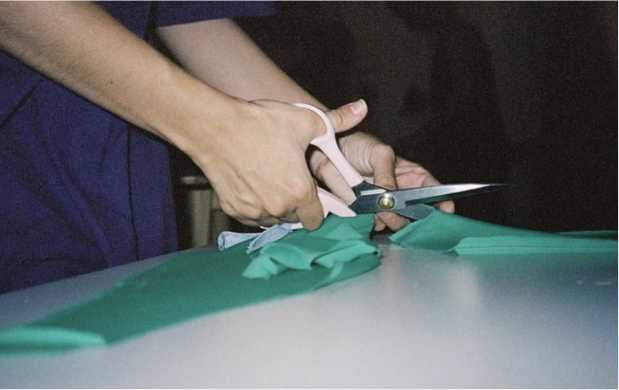
Photo by @vivigiaquinta
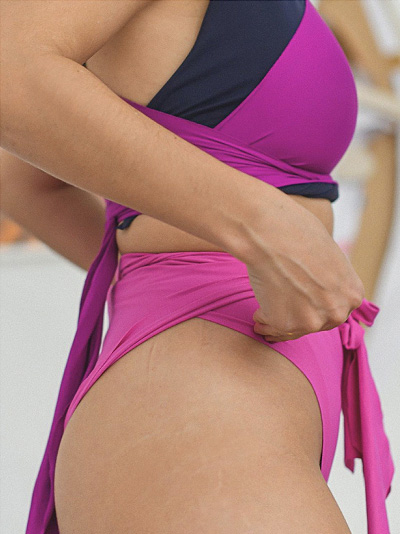
Photo by @ocre_
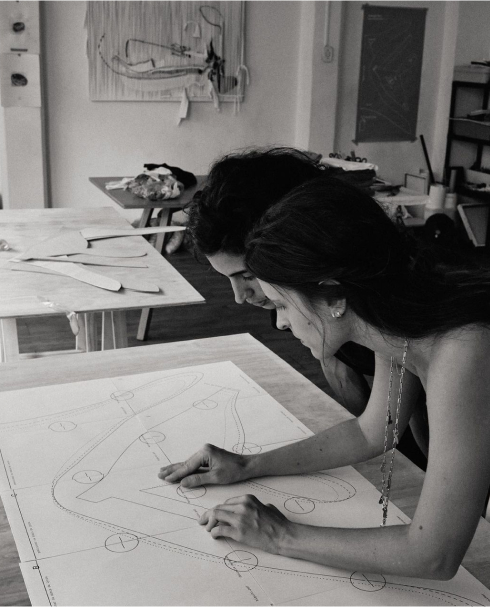
Photo by @vivigiaquinta
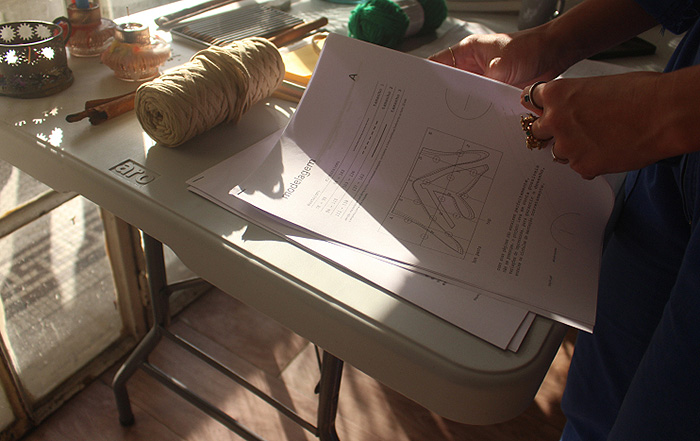
Photo by @cezarharuo
If "Clothing is our first political act", as Danielle says, Biquíni.pdf not only orchestrates people as it places them twice as protagonists, the first producing the piece and the second when wearing it. Besides the practical and social value, the project seeks to expand the discussion about consumption. In a world that at the same time wants to be authentic but is “fast-everything”, stop and getting your hands dirty to produce your own clothes is not only revolutionary, it furthermore contributes to an industry soaked in unsustainable practices, makes room for the people fantasize what they most wanted to create from this framework, to aspire to a new possible future and with a little more imagination, an even more authentic and truly righteous future.
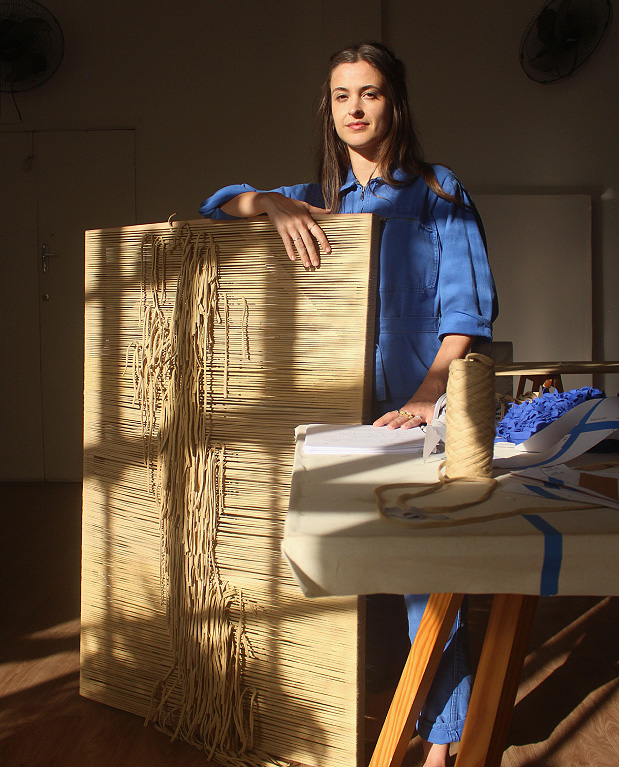
Photo by @cezarharuo
See more about Biquíni.pdf and other projects by Danielle on her instagram: @dcavalher
